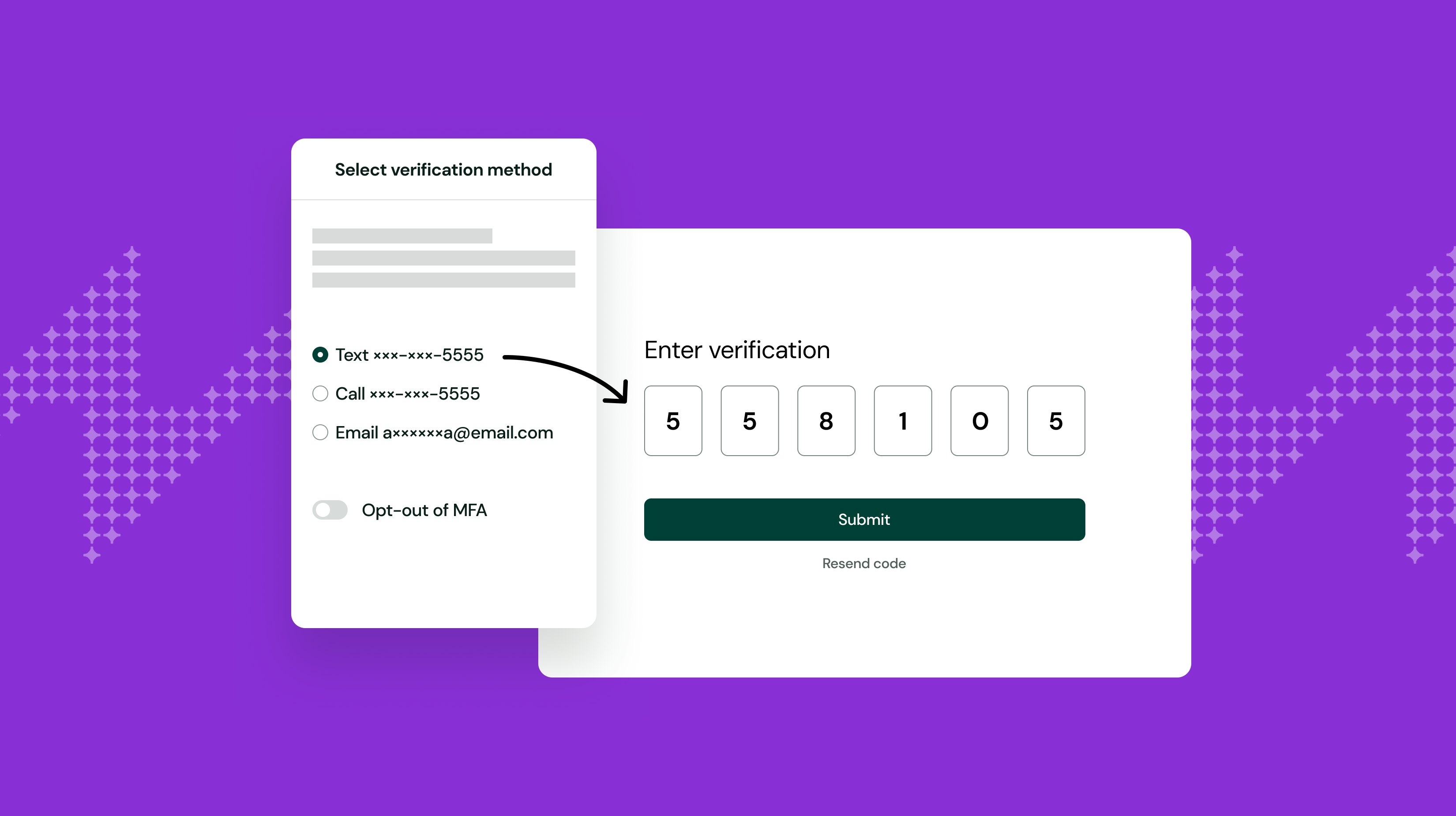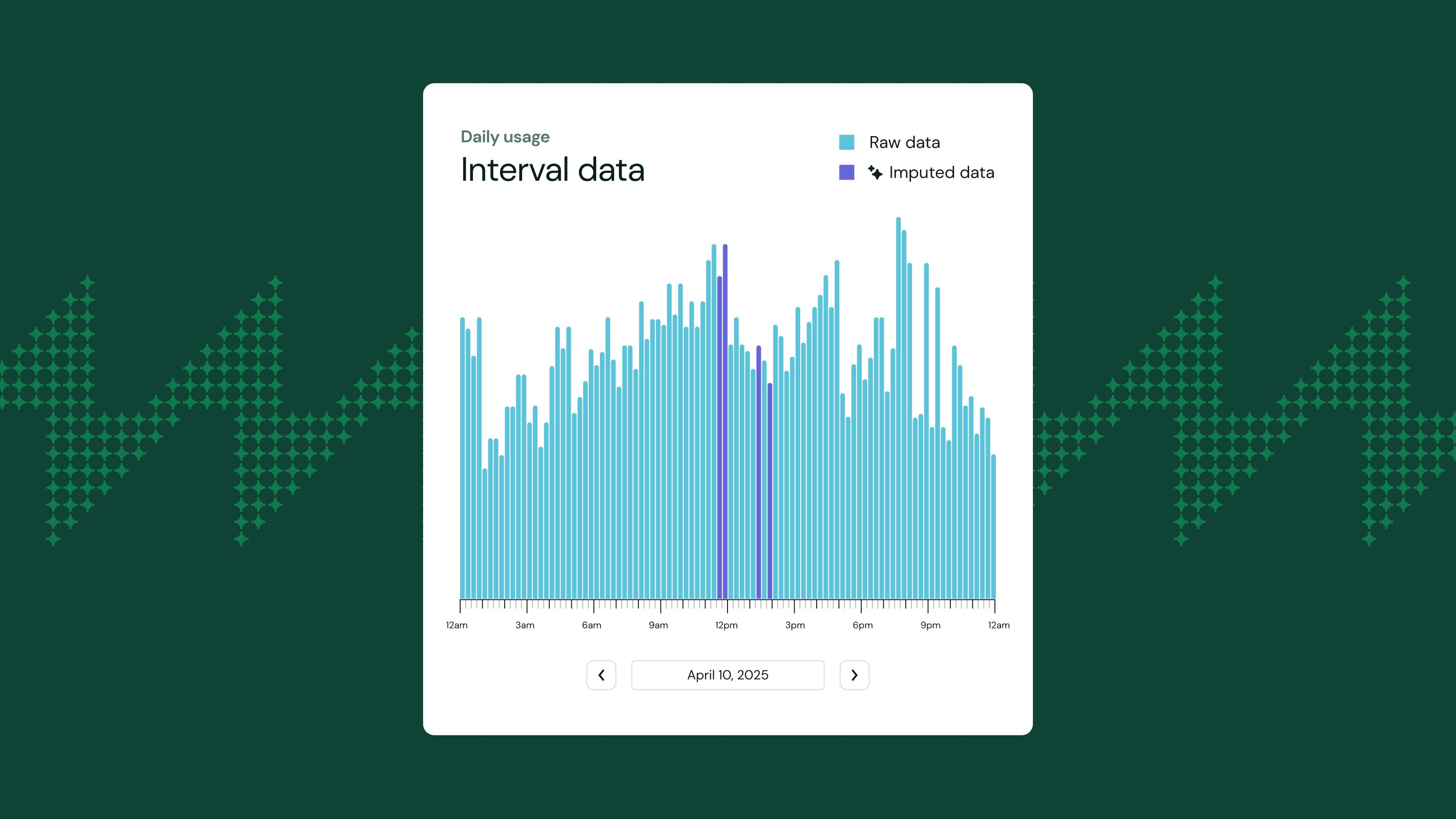The changing face of energy procurement: Market shifts and strategic implications

In today's energy markets, traditional procurement methods are increasingly falling short. Shifting market dynamics and rising costs are driving enterprises to reconsider their strategies for securing energy. But without daily market insights and detailed cost transparency, many businesses are ill-equipped to navigate these rapidly changing conditions.
The gap between what energy procurement should deliver and what it often does has widened. Many enterprises are still navigating an opaque market with fragmented information, when they could leverage data and analytics to make informed decisions about one of their most critical operational expenses.
In this Q&A with Rohit Marwaha, Arcadia's Vice President of Energy Supply Solutions, we explore how the energy procurement landscape is changing — and how a technology-first approach can transform how enterprises secure optimal energy contracts.
What experience from your 25+ years in energy markets informs your approach to procurement today?
I entered the energy industry in the late ‘90s, when electricity markets began to deregulate. After joining Constellation, I spent 20 years deeply immersed in all aspects of energy markets — from overseeing utility procurement businesses to leading retail pricing organizations that analyzed the cost-to-serve for millions of customers.
During this time, I observed a disconnect between the initial promise of deregulation and what actually materialized in the retail energy industry. Instead of delivering innovative, value-added services to customers, many retail energy providers and brokers focused on maximizing volume and minimizing expenses with virtually no value-added offerings.
This realization led me to reorient my career toward solving real-world energy challenges for businesses, and I chose to focus my attention on renewable energy. While at Sol Systems, I established its Risk Group, overseeing the trading activity for environmental commodities. This gave me a deep understanding of the volatility and complexities corporations face when purchasing a product like Renewable Energy Certificates (“RECs”) to satisfy their sustainability goals.
I then applied this knowledge to corporate clean energy procurement at RPD Energy. We took a customer-centric approach, crafting renewable energy transactions that helped blue-chip corporations — Iron Mountain, Adobe, Intuit, and UPS — meet their sustainability objectives while managing energy costs effectively.
Today at Arcadia, I'm leveraging this industry experience to transform how enterprises approach procurement decisions along the spectrum of cost-effective to clean energy. We provide the transparency, budget management tools, and market access they need to make strategic decisions in increasingly unpredictable markets.
What challenges do you see with traditional energy procurement approaches?
Today's landscape presents several key challenges for enterprises. First, there's a fundamental imbalance in access to information between suppliers and buyers. Most businesses receive aggregated pricing without visibility into the individual cost components that make up their energy rates, and only at a few discrete moments. This lack of transparency makes it difficult to identify when it might be the best time to purchase energy and what operational changes can be made to find additional savings.
Second, the procurement process itself remains largely reactive rather than strategic. Many organizations only engage with energy markets when contracts are up for renewal, missing the chance to purchase at opportune times or consider alternative strategies that better align with their business.
Third, there's a technology gap. While other commodity and financial markets have advanced trading platforms with real-time pricing and analytics, energy procurement for corporations often relies on manual processes, spreadsheets, and relationship-based transactions. This technological lag means enterprises can't easily access the market intelligence they need to make data-driven decisions about one of their most essential operational expenses.
Why is energy procurement becoming more critical in today's market environment?
We're experiencing a fundamental shift in energy markets. For nearly two decades, energy demand grew slowly and prices remained relatively stable. During certain stretches of that period, procurement timing had minimal impact on overall energy budgets.
That landscape has transformed dramatically. Today, energy demand is skyrocketing, driven primarily by AI, data centers, widespread electrification, and new manufacturing. Many gigawatts of load growth are expected over the next five years, even under conservative forecasts. Meanwhile, new energy supply isn't keeping pace. Power plants typically take too long to come online due to interconnection hurdles, permitting processes, regulatory requirements, equipment deliveries, and construction delays.
These supply-demand imbalances create significant business risks. Retail electricity prices are increasing in many regions, capacity prices are rising significantly in some markets, and volatility is growing across the board. In this environment, procurement decisions directly impact operational costs and business forecasting capabilities, as large energy cost fluctuations create uncertainty without proper planning tools.
How can enterprises stay ahead of energy market shifts?
The most significant trend we're witnessing is exceptional demand growth across the energy sector. These rapidly evolving demand patterns are creating ripple effects throughout the energy system. Without continuous visibility into market movements, businesses risk making procurement decisions based on outdated information. Businesses that maintain a consistent view of these market factors can better manage energy budgets in the face of potentially large price movements and optimize their procurement strategies accordingly.
Ready to explore how data-driven energy procurement can benefit your business? Contact Arcadia today to learn more about our Energy Procurement Advisory solution.
The path forward
The volatile conditions we're experiencing aren't temporary disruptions but structural shifts that will define energy markets for years ahead. Organizations that continue to approach procurement with outdated methods face increasing risk exposure. As Rohit's insights reveal, energy procurement has evolved beyond a simple purchasing function into a strategic business imperative that demands greater visibility, market intelligence, and flexibility.
In Part 2 of our conversation, we'll explore how enterprises can transform their procurement approach with Arcadia to navigate these challenges: practical strategies for gaining transparency into energy costs, optimizing contract structures, and leveraging technology to make more strategic procurement decisions.

Ready to explore how data-driven energy procurement can benefit your business?
Contact usJoin our newsletter
Stay updated with our latest insights, industry trends, and expert tips delivered straight to your inbox


